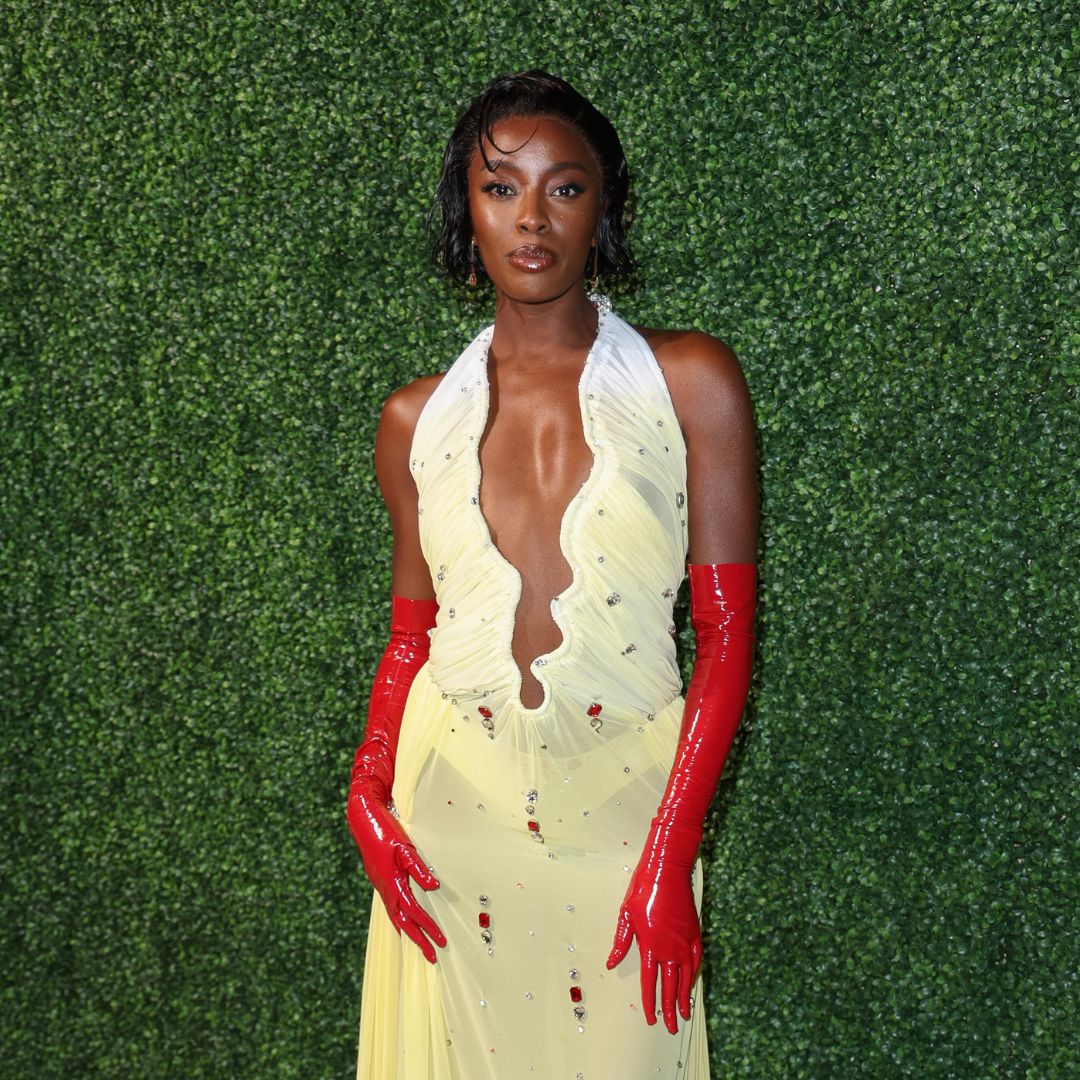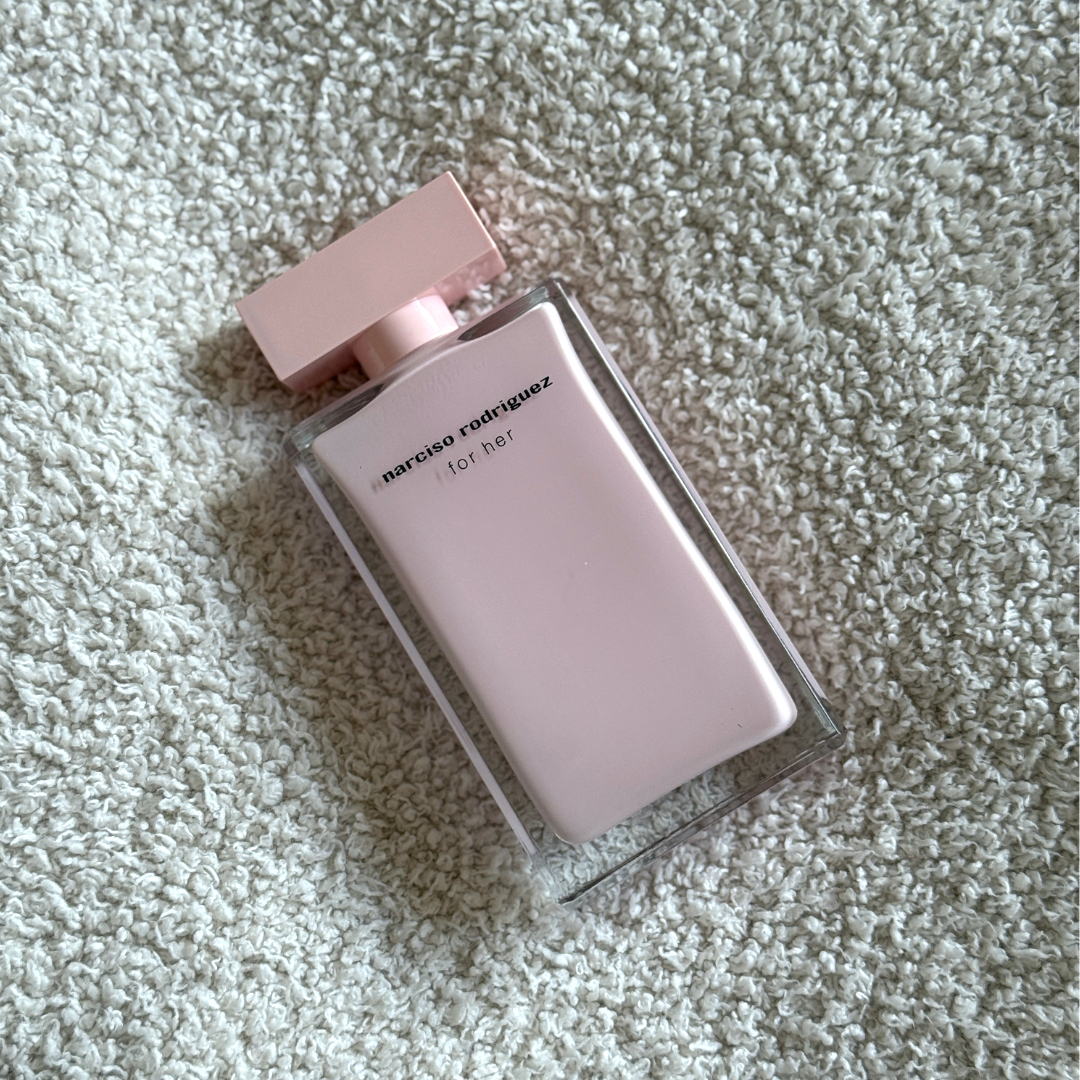The morning-after pill that works five days after sex
A new morning-after pill can be used up to five days after sex to protect against pregnancy

A new morning-after pill can be used up to five days after sex to protect against pregnancy
A new morning-after pill is causing a stir among health critics as a new study shows it can be taken up to five days after sex - that's 48 hours later than the current pill.
The tablet, called EllaOne, is more effective at protecting against pregnancy than existing drugs taken by thousands of women a year. Even when taken the full five days after unprotected sex, it still has a 50% success rate.
But not everyone is pleased with the pill launched in Britain last October. Health professionals are concerned that an improved morning-after pill will give women a false sense of security and encourage a relaxed attitude to sex.
Critics claim this will encourage unprotected intercourse among young people, making them more vulnerable to sexually transmitted diseases such as Chlamydia.
Anti-abortion campaigners are also insisting that a five-day-after pill is very different to a conventional morning-after pill, and is in fact more like an ‘abortive agent'.
Josephine Quintavalle , of the Pro-Life Alliance, said: ‘If you take a morning-after pill within 24 hours, there is always the argument that the sperm may not have fertilized the egg by then, meaning pregnancy has not yet happened.
Marie Claire Newsletter
Celebrity news, beauty, fashion advice, and fascinating features, delivered straight to your inbox!
‘But if this pill works for five days there is no argument. This is not a contraceptive, it is an abortive agent.'
Researchers have since responded to this line of argument by insisting that EllaOne works by delaying the release of an egg for fertilization rather than destroying an implanted embryo.
At the moment, the drug is only available on prescription, but as more women use it and long-term side-effects become more available, it could soon be sold over the counter through pharmacies.
So what do you think? Is this as exciting development that will help thousands of women avoid unexpected pregnancy, or a threat to sexual health and social responsibility? Marie Claire wants to hear your thoughts by posting your comments below.
-
 Anatomy Of A Wardrobe: TV presenter AJ Odudu is carving out her own lane, one show-stopping look at a time
Anatomy Of A Wardrobe: TV presenter AJ Odudu is carving out her own lane, one show-stopping look at a timeWatch as we take an exclusive look inside AJ's wardrobe
By Lily Russo-Bah
-
 This perfume has been an icon for over 20 years, and for good reason—it’s soft, elegant, and oh so feminine
This perfume has been an icon for over 20 years, and for good reason—it’s soft, elegant, and oh so feminineFeminine but not *too* sweet
By Lucy Abbersteen
-
 Got marathon fever? Trust us: these 12 running accessories will make any distance more manageable
Got marathon fever? Trust us: these 12 running accessories will make any distance more manageableOnce you try these, you won't look back.
By Amelia Yeomans